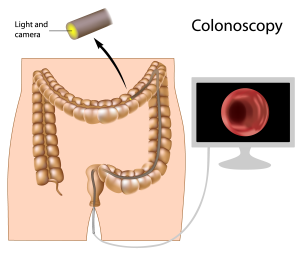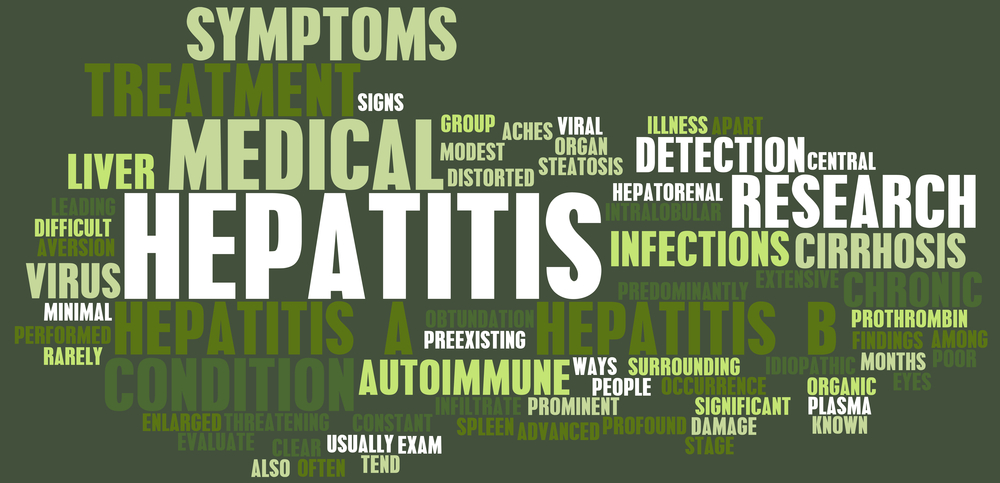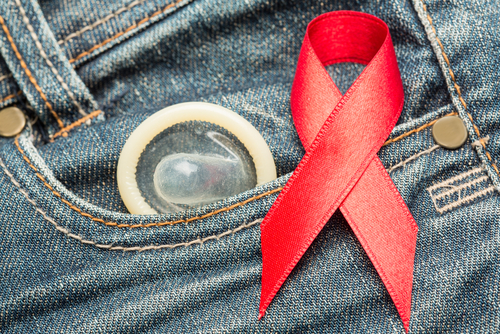Liver is a vital organ of the digestive system and plays an important role in metabolism and various functions of the body. But, when the liver does not function effectively, it is regarded as liver disease. Diseases of the liver can be inherited (genetic) or caused by a number of factors such as viruses and excessive alcohol use. Various signs and symptoms depict the condition of liver disease, including blood sugar problems, metabolism problems, and immune disorders.






